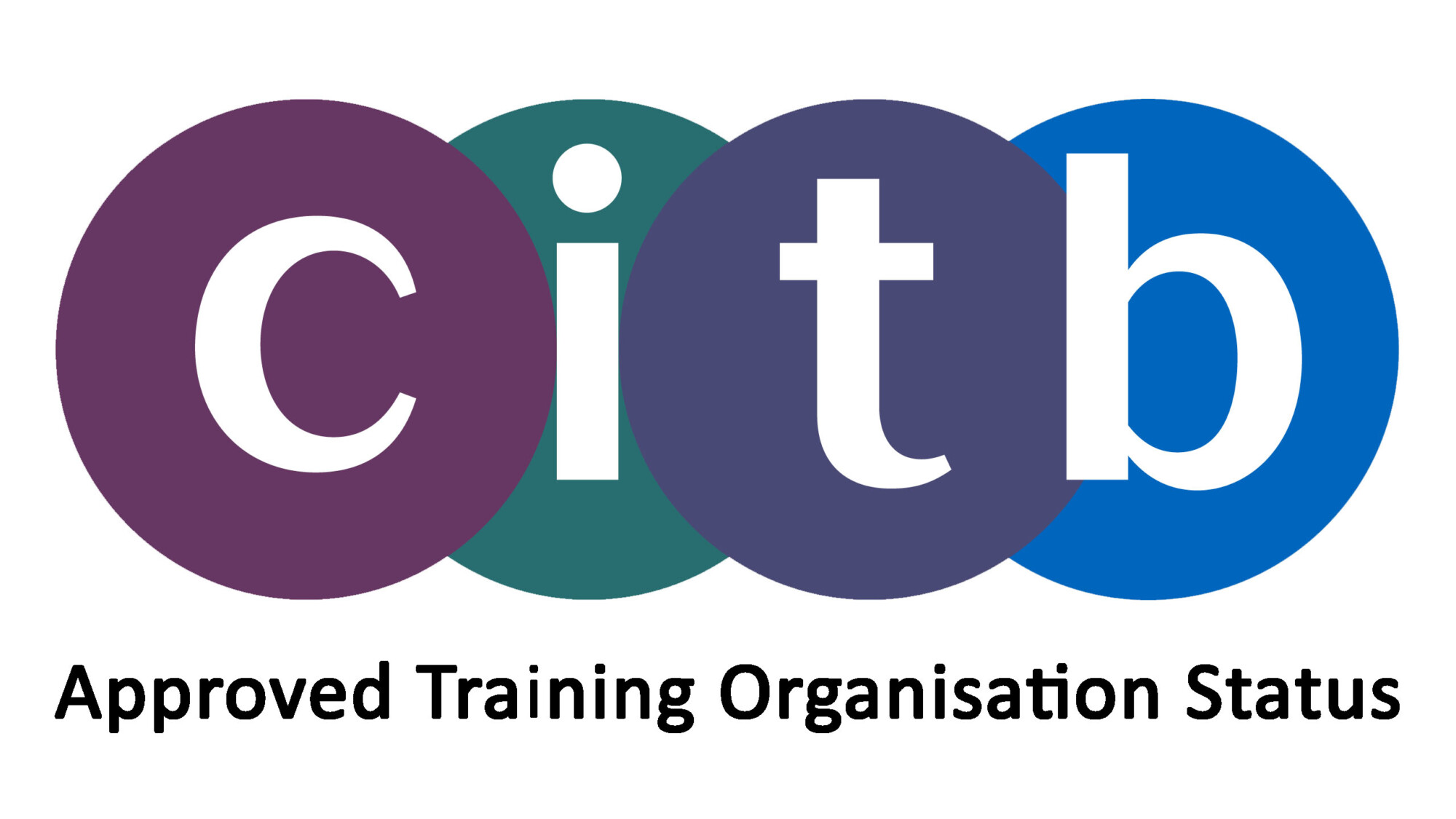Building Success: Tailored Training Transforms Construction Industry
In today’s construction industry, safety is about more than just following the rules, it’s about creating a culture of responsibility, awareness, and mutual care on-site. Behavioural safety training takes a different approach than traditional technical courses. Instead of focusing on equipment and tools, it emphasises the human aspect: individual decision-making, peer relationships, and the courage to speak up about unsafe behaviours.
By addressing the culture and well-being of workers, construction companies can cultivate environments where safety isn’t just a policy but a shared value.
Shaping Safe Practices
At its core, behavioural safety training is about building a positive safety culture. This involves encouraging workers to take personal ownership of their safety and that of their colleagues. Culture and wellbeing initiatives help construction teams understand the long-term impact of their actions, not only in terms of safety but also their mental and physical health.
A culture where workers feel supported and encouraged to voice concerns without hesitation can significantly reduce accidents. When the focus is on well-being, employees are more likely to stay engaged, motivated, and alert, which are key factors in accident prevention.
Investing in Individuals for a Safer Site
Personal development is a critical part of effective safety training. Instead of simply telling workers what to do, behavioural safety programs seek to empower them. Workers are trained to reflect on their actions, understand the consequences, and recognise the importance of proactive safety measures. This results in more thoughtful decision-making on-site.
By investing in personal development, companies can foster a workforce that doesn’t just follow safety protocols but actively champions them. Workers develop a sense of responsibility, feel more confident speaking up, and are better equipped to influence their peers positively.
Bringing Safety to Life
One of the unique approaches to behavioural safety is drama-based learning, where real-life scenarios are acted out to simulate dangerous or unsafe conditions. This immersive technique brings safety concerns to life, making the risks more tangible for workers. Instead of passively receiving information, participants engage emotionally and critically with the material, which leads to deeper learning.
Drama-based learning is particularly effective because it reflects the real pressures and emotions workers face in high-risk environments. By rehearsing responses to these situations in a controlled setting, workers are better prepared to act swiftly and safely in the real world.
A New Standard in Safety
With a focus on culture and well-being, personal development, and drama-based learning, behavioural safety training offers a powerful alternative to traditional safety programs. It goes beyond compliance to address the human factors that influence construction workplace safety. By prioritising personal responsibility, peer support, and emotional engagement, businesses can foster a safer, more productive construction site where every worker feels empowered to contribute to a culture of care.
In short, investing in behavioural safety is more than just about meeting safety regulations, it’s about creating a workforce that’s connected, proactive, and deeply committed to each other’s wellbeing.
Esther Patrick is a Client Accounts Director at Keystone and a member of the Senior Leadership Team. An experienced consultant and management author, she has nearly 20 years’ experience leading client partnerships across sectors from construction to healthcare and designing leadership, culture, and team development programmes aligned with their strategic goals and values. Esther is passionate about creative, human-centred learning.



